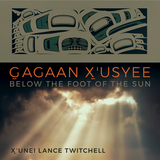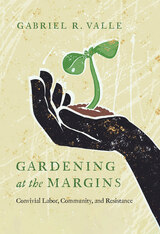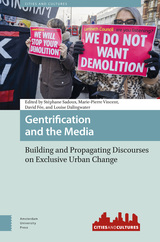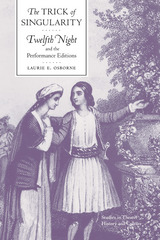
In this innovative union of textual studies and performance criticism, Laurie Osborne explores the important ways in which an apparently single, unproblematic text is in fact multiple and various. Through a close analysis of the performance editions of Twelfth Night, she argues that the complex interaction between text and performance establishes a comedy as a work realized within changing social and erotic constructions.
Because it appears in a relatively clean and dated version in the Folio, Twelfth Night seems to be exempt from arguments for variant texts—but there are significant and persistent variations represented in the performance editions. Osborne's careful reading of these provides a crucial bridge linking theatre history and textual criticism. She employs a wide variety of approaches and disciplines—Shakespearean and Renaissance studies, theatre history, gender studies, contemporary literary criticism, and cultural history—to provide a fresh and engaging yet rigorous view.
Although she focuses on Twelfth Night, Osborne's argument applies more broadly to the history of performance and criticism, including a chapter on video versions of the play. Widely read in Shakespearean and Renaissance scholarship, she employs her archival research in promptbooks, the publishing history of the plays, and the history of Shakespearean production to accomplish a major job of scholarly integration and analysis of Shakespearean drama in performance.
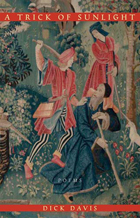
In his new collection of poems, Dick Davis, the acclaimed author of Belonging, addresses themes that he has long worked with—travel, the experience of being a stranger, the clash of cultures, the vagaries of love, the pleasures and epiphanies of meaning that art allows us. But A Trick of Sunlight introduces a new theme that revolves around the idea of happiness—is it possible, must it be illusory, is its fleetingness an essential part of its nature so that disillusion is inevitable?
Many of the poems are shaded by the poet’s awareness of growing older, and by the ways that this both shuts down many of life’s possibilities and frees us from their demands. The levity of some verses here is something of a departure for Davis, but his insights can be mordant too, revealing darknesses as often as they invoke frivolity.
As Davis’s readers have come to expect, the poems in A Trick of Sunlight. aim at the aesthetic satisfactions that accompany accurate observations expressed with wit, intelligence, and grace. But they achieve as well an immediacy and rawness of vision that seem to belie his careful craft.

Trick or Treat is the first book both to examine the origins and history of Halloween and to explore in depth its current global popularity. Festivals like the Celtic Samhain and Catholic All Souls’ Day have blended to produce the modern Halloween, which has been reborn with new customs in America—but there are also related but independent holidays, especially Mexico’s Day of the Dead. Lisa Morton lifts the cobwebs off everything from the explosion in popularity of haunted attractions to the impact of events like the global economic recession, as well as the effect Halloween has had on popular culture through literary works, films, and television series.
Taking us on a journey from the spectacular to the macabre, this book is a treat for anyone who wants to peep behind the mask to see the real past and present of this ever more popular holiday.
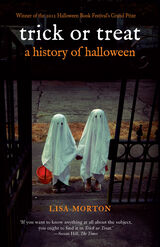
READERS
Browse our collection.
PUBLISHERS
See BiblioVault's publisher services.
STUDENT SERVICES
Files for college accessibility offices.
UChicago Accessibility Resources
home | accessibility | search | about | contact us
BiblioVault ® 2001 - 2025
The University of Chicago Press



